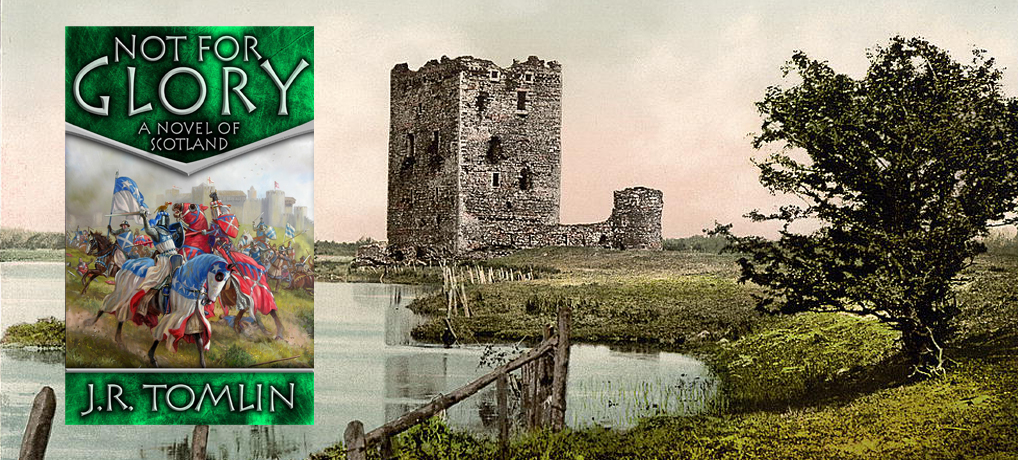 Have you ever felt restless? The house is clean, the kids are in bed, and the bills are paid and on the table waiting to be put in the mailbox the next morning. Except you still can’t relax. You feel as if there’s still something more to do so you check the laundry baskets or make your grocery shopping list. There’s no peace in just sitting in the lazy boy and getting lost in a TV movie or program.
Have you ever felt restless? The house is clean, the kids are in bed, and the bills are paid and on the table waiting to be put in the mailbox the next morning. Except you still can’t relax. You feel as if there’s still something more to do so you check the laundry baskets or make your grocery shopping list. There’s no peace in just sitting in the lazy boy and getting lost in a TV movie or program.
Personally, I don’t have much issue with this. For the most part, I’m all about down time, but my mother is another person altogether. I can remember her doing all the dishes, putting the last load of laundry in the washer, sitting down to a TV show only get up five minutes later and get out the ironing board. It was like the lack of movement and purpose was uncomfortable, even if only for 30 minutes.
This must be how The Black Douglas, Jamie, felt when Scotland was at peace with England. He has spent his whole adult life at war with the English soldiers, dodging swords and camping in the wilderness. When peace comes, James becomes a knight in the court and a trusted advisor to the king. He trades his worn armor for colored tights and his metal helm for a fancy collar.
SPOILER ALERT – I give away elements in the ending in my review.
J.R. Tomlin’s last installment of The Black Douglas Trilogy, Not for Glory, covers the Scottish War of Independence from 1314 to 1329. During this time England and Scotland lapse from peace into war time over and over again. James, our beloved Black Douglas, has been wed and his son is born. The king is reunited with his family and his wife bares him a few more children before dying in childbirth and the Scottish court is built and stabilized. All the while, James is anxious for war. He wants to beat the English foe once and for all, but knows better than to go against the king’s wishes.
James, once again is evolving in this book, much like he did the last. We seem in The Kingdom’s Cost as a lad, swearing his allegiance to the rebel king of Scots and full of zeal for the cause. By Countenance of War, James has lost much and becomes calloused and brutal. Now getting older and becoming a father and falling in love again, James shows a softer side. He spares the English foes that would bring him ransom and contemplates the training and raising of his son and the king’s grandson. He also begins to look to the aging king as even more of a father figure and James takes on the role that adults today know all too well – taking care of a stubbornly independent elder while living in denial of their mortality.
A touching ending to the story, I give this book 5 stars for sure and recommend it to anyone who has started the trilogy. I do want to warn you, however, that the end is somewhat sad. Both the King and James face mortality head on and it left me a little teary after reading about the cleverness and strength of these two iconic figures over the past months. Maybe James will experience the peace he’s been chasing at last.
How do you feel about books in which the story ends because the life of the main character has come to a close?

